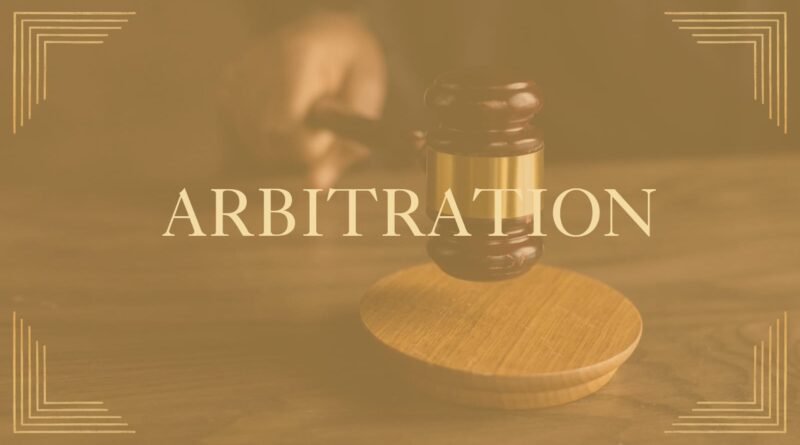Section 11(6) of the Arbitration Act – Limitation for application
The petitioner – company based in Afghanistan is engaged in the business of providing training of computer education, information technology, English language, etc. The respondent company based in Mumbai is also engaged in the same business.
On 21.3.2013, three separate franchise agreements were executed between the petitioner – franchisee and the respondent – franchisor giving non-exclusive license to the petitioner to establish and operate businesses in three trade names.
The dispute between the parties was in respect of Aptech English language Academy. In the meanwhile, in 2018 the disputes arose in respect of renewal and payment of royalties for all three agreements.
On 5.7.2022, the petitioner invoked pre-mediation as per Section 12A of the Commercial Courts Act, 2015. However, there was mediation failure.
On 24.11.2022, the petitioner invoked arbitration for payment of Rs.1,48,31,067/- and nominated its two Arbitrators – Advocates. The respondent denied the claim and did not nominate its arbitrator.
On 19.4.2023, the petitioner filed the petition in the Supreme Court.
HELD that the law of limitation does not extinguish the right but only bars the remedy. The object is that the “law assists those who are vigilant and not those who sleep over their rights” and there is certainty and finality of litigation. It gives assurance to the opposite party that it will not be subject to an indefinite period of liability. Another object is only to allow those claims which are initiated before deterioration of evidence takes place. Therefore, limitation issue is important and must be decided at pre-reference stage so that other party is not dragged to long drawn, expensive and time consuming arbitration.
However, section 43 of the AA provides for application of the Limitation Act, 1963, as it applies to court proceedings. None of the Articles in the Schedule to the Limitation Act, 1963, provide for time for filing section 11(6) application. Thus, residual provision of Article 137 and three years period would apply when right to apply accrues.
The limitation period for section 11(6) of AA will commence once a valid notice of arbitration is given and there is failure or refusal to comply with the same.
Although the limitation is an admissibility issue which can be decided by the Arbitrator, yet it is the duty of the Courts to prima facie examine and reject non-arbitrable or dead claims to protect other party from being drawn into a time consuming and costly arbitration process.
Judgment dated 1.3.2024 of the Supreme Court in Arbitration Petition No.29 of 2023 of M/s. Arif Azim Co. Ltd Vs. M/s. Aptech Ltd.




